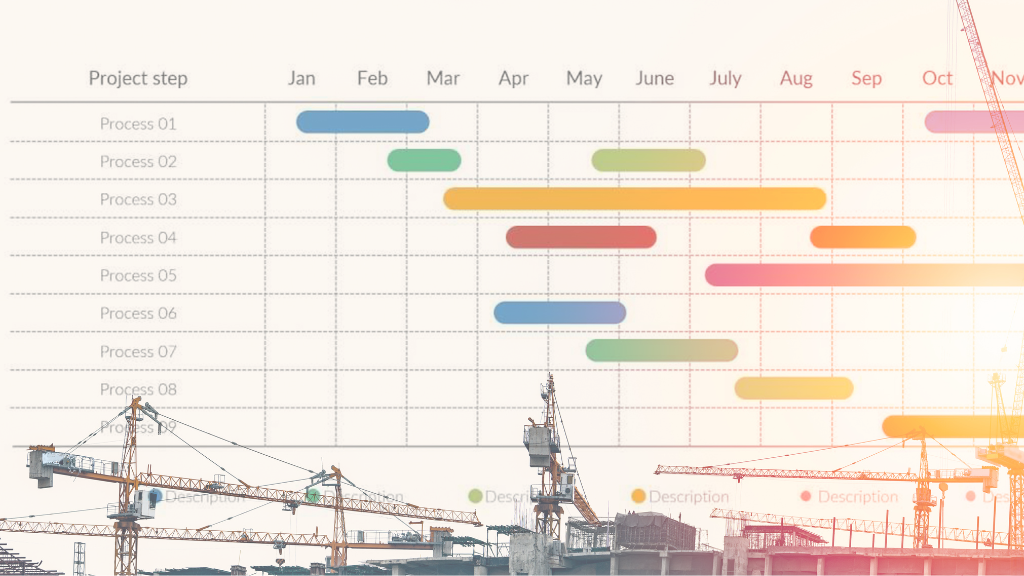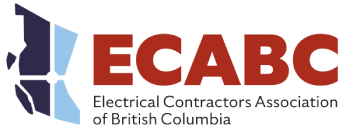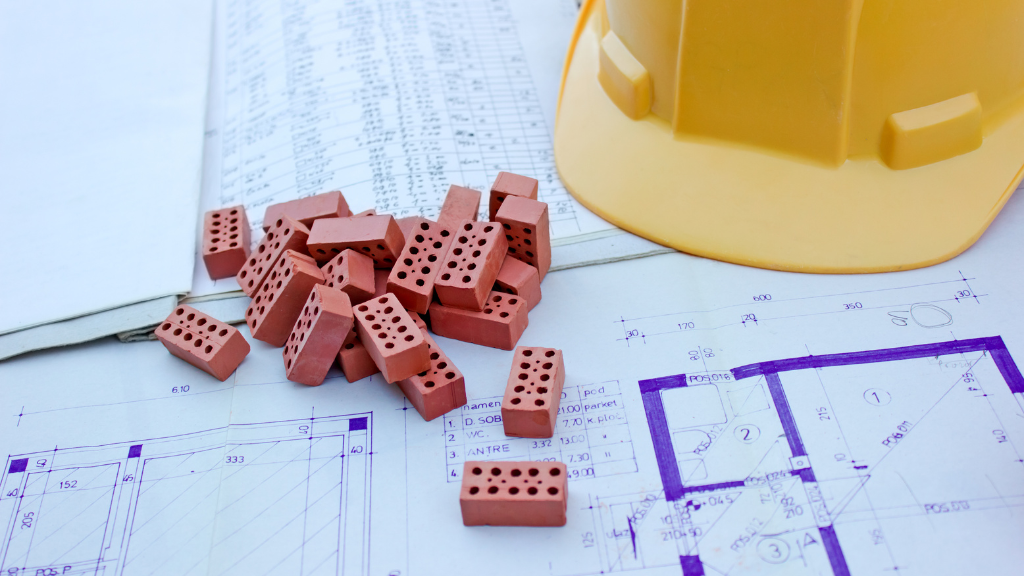
November 5, 2024
Dr. Awad Hanna Sessions
Tuesday, November 5, 2024: The Top habits of High Performing Foremen in the Electrical Construction Industry
Wednesday, November 6, 2024: Managing and Quantifying Electrical Construction Delay Claims
Thursday, November 7, 2024: What Supervisors Need to Know about Electrical Estimating and Scheduling
A waitlist has been initiated. To join, please email Joanna at education@eca.bc.ca.
Date & Time
Tuesday, November 5, 2024 (8:00 am pt) – November 7, 2024 (3:30 pm pt)
Location
Executive Suites Hotel Burnaby
4201 Lougheed Hwy, Burnaby, BC, V5C 3Y6
Details
(FULL) Tuesday, Nov. 5: The Top Habits of High Performing Foremen in the Electrical Construction Industry
8:00am – 3:30pm, Panorama Room, Executive Suites, Burnaby
A good foreman/forewoman (chargehand, field labour supervisor) is often a company’s most valuable asset. Their leadership and ability to manage cost, schedule, safety, and quality distinguish high-performing foremen. The most effective foremen possess certain traits that set them apart from average-performing foremen. This course covers in-depth the top habits of the most effective foremen.
Understanding crew behaviour and communicating the rules of the game (The 10-80-10 ule)
- Control the 102 minutes of waste
- Watch The TIME (Tools, Information, Materials, and Environment)
Effective participation in the turnover meeting
- What you need to know from estimators
- Development of the manpower loading curve
Preparing and managing the two-week look-ahead schedule
- What should be included in the two-weeks look-ahead
- Standard two-week look ahead form
Keeping accurate records of the daily logs
Conduct daily huddle
- Known tasks and set up goals (who, what, where, when and how)
- Example of foreman pre-task planning sheet
Effective materials handling and management
- The golden triangle
- The 30-30 rule
Setting production goals and tracking
- Short term and achievable
- What goals and how
Change order management and time and material tickets
*Standard form of time and material tickets
Wednesday, Nov. 6: Managing and Quantifying Electrical Delay Claims
8:00am – 3:30pm, Panorama Room, Executive Suites, Burnaby
Electrical construction is a labour-intensive trade, with labour costs comprising 50 to 60 percent of total project expenses. As subcontractors, electrical contractors often face delays caused by preceding trades in the project, being the “last in line.” Such delays can have significant impacts on their schedule, budget, and financial burden. This seminar will address crucial aspects of construction delays, encompassing claims and delay types, causation, quantification, documentation, and delay claim management.
Course Outline:
Definitions and overview of key scheduling terms
- What is “float”?
- What are “critical activities”?
- What is the “longest path”?
- How to review GC/owner schedule
- What is “ESD”, “EFD”, “LSD”, and “LFD”?
- Detained scheduling specifications
- Schedule updates and frequency of updates
Types of delay
- Non-excusable
- Excusable, non-compensable
- Excusable, compensable
- Concurrent and pacing delays
Sources of delay
Delay analysis techniques
- Collapsed as-built schedule
- Contemporaneous period analysis
Estimating contractors’ delay costs
- Estimating and calculating cost of extended job overhead
- Estimating and calculating cost of main-office overhead
- Estimating and calculating labour escalation costs
- Estimating and calculating material costs
- Estimating and calculating cost of compression and acceleration
- Impact of overtime
- Impact of overmanning and what is overmanning
- Impact of second shift
- Impact of stacking of trades
- Weather and other factors
Delay issues
- Procurement – often overlooked
- Early warning signs for project delays
- Key contract provisions
- Notice requirement
Avoiding and minimizing construction delay claims
(FULL) Thursday, Nov. 7: What Supervisors Need to Know About Electrical Estimating and Scheduling
8:00am – 3:30pm, Panorama Room, Executive Suites, Burnaby
The course provides a comprehensive overview of construction estimating, covering key topics such as bid decision-making, enhancing hit rates, and various types of estimates including preliminary, engineering, and detailed estimates. It delves into the components of estimates including labor, materials, equipment, subcontractors, and mark-up, while also addressing estimate accuracy and the importance of contingency planning. Participants will learn about sourcing estimating data and building a cost information library, as well as understanding the factors influencing estimate variations such as time, location, and project size. The course also explores techniques for creating work breakdown structures (WBS) and assigning cost codes, strategies for saving on labor and overhead costs, handling estimating errors, and refining schedules through scope definition, activity sequencing, duration time estimating, and critical path analysis using CPM (Critical Path Method) principles.
- To bid or not to bid
- Achieving higher hit rate
- Types of estimates (preliminary, engineering, and detailed estimate)
- Contents of an estimate (labor, materials, equipment, subcontractors, mark-up)
- Estimate accuracy (level of accuracy, bidding documents, contingency)
- Sources of estimating data and how to build your library of cost information
- Factors that determine variations in estimate (time, location, size, etc.)
- Work breakdown structure (WBS) and assigning cost codes
- How to save in labor and overhead
- Estimating errors and how to rectify
- Schedule and development
- Scope definition/WBS
- Activity sequencing and logic
- Duration time estimating
- Schedule development
- Schedule calculation/verification
- Critical path and critical activities (CPM)
Instructor(s)

Dr. Awad Hanna
Hanna Consulting Group, Inc
A registered professional engineer in the U.S. and Canada, Dr. Hanna is a professor and Chair of the Construction Engineering and Management Program at the University of Wisconsin-Madison.
With over 30 years of experience as a construction practitioner, educator, and researcher, his primary focus lies in enhancing construction processes at various levels, including labour, project and organization.
Cancellation Policy
Registration & Information
Upcoming courses

October 9, 2024
Field Scheduling 101
The aim of this course is to provide tools for scheduling at...

October 18, 2024
In-Person Tech Talk: Where did I go wrong? Electrical Incidents that will shock you
Join us for an engaging session with a Technical Safety BC Electrical...

October 22, 2024
Getting Paid and Managing the Cash Flow in Construction
Payment in the construction industry is a problem. This create problems for...



